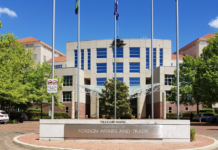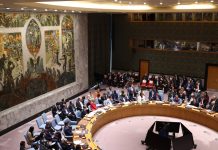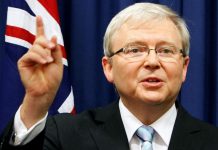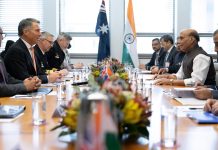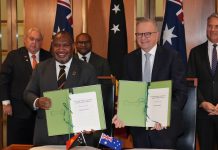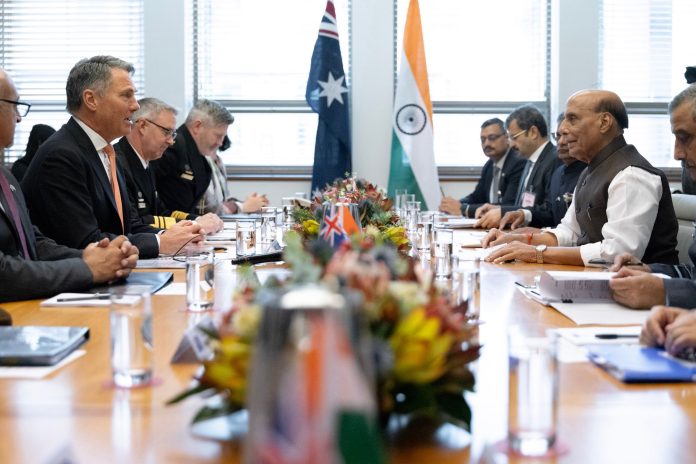SYDNEY/CANBERRA: In a significant move to solidify their strategic partnership, Indian Defence Minister Rajnath Singh concluded a landmark visit to Australia on Thursday, marked by the inaugural Australia-India Defence Ministers’ Dialogue. The high-level meetings, which included an audience with Australian Prime Minister Anthony Albanese, underscored a shared commitment to a free, open, and inclusive Indo-Pacific.
The visit, coming on the heels of Prime Minister Albanese’s trip to India in March and a successful bilateral ‘Malabar’ naval exercise, signals a rapid acceleration in defence and strategic cooperation between the two Quad partners.
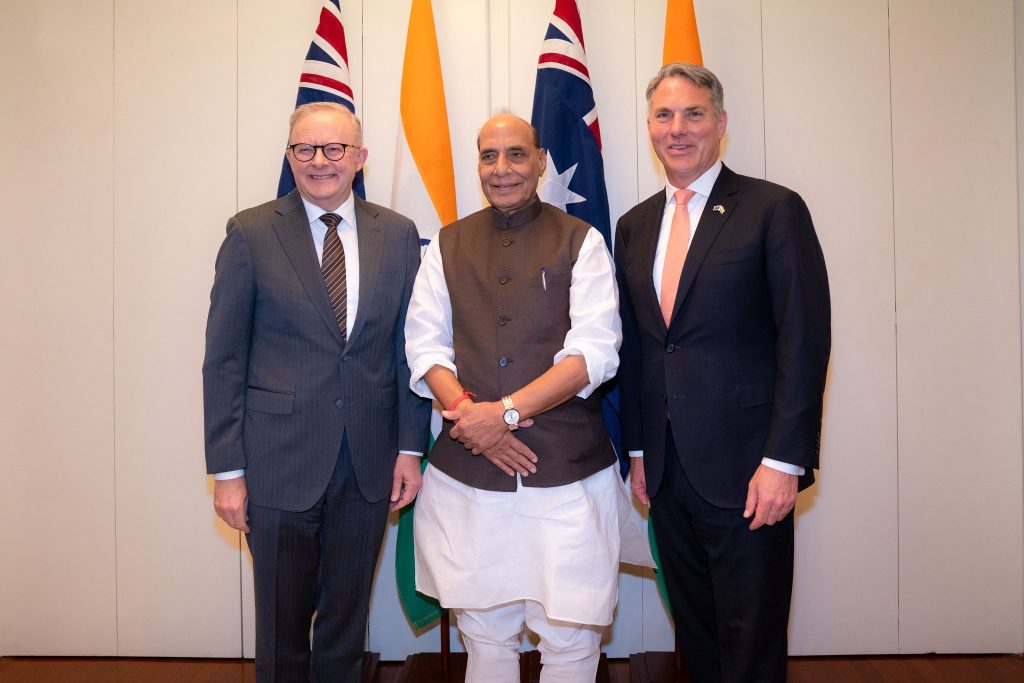
The Importance of the Visit
Minister Singh’s visit carries substantial strategic weight for several reasons:
- Elevating the Partnership: The establishment of the Defence Ministers’ Dialogue itself institutionalizes high-level defence talks, placing the security relationship on a more formal and permanent footing. This mirrors the “2+2” ministerial dialogues India holds with other key partners like the US and Japan.
- Countering Regional Coercion: Against the backdrop of China’s growing assertiveness in the Indo-Pacific, the meeting served as a powerful signal of the two democracies’ resolve to uphold a rules-based international order. Their joint statement emphasized respecting territorial integrity and sovereignty—a veiled but clear reference to concerns over Beijing’s actions.
- Operationalizing the Quad: While the Quad (comprising the US, India, Japan, and Australia) operates as a plurilateral group, strengthening the bilateral India-Australia axis is crucial for the group’s overall effectiveness. Enhanced cooperation in maritime domain awareness and joint exercises directly supports Quad objectives.
- Economic and Security Convergence: The partnership moves beyond pure defence, intertwining with economic interests. Australia is a critical supplier of energy and critical minerals to India, and a stable maritime commons is essential for the security of these trade routes.
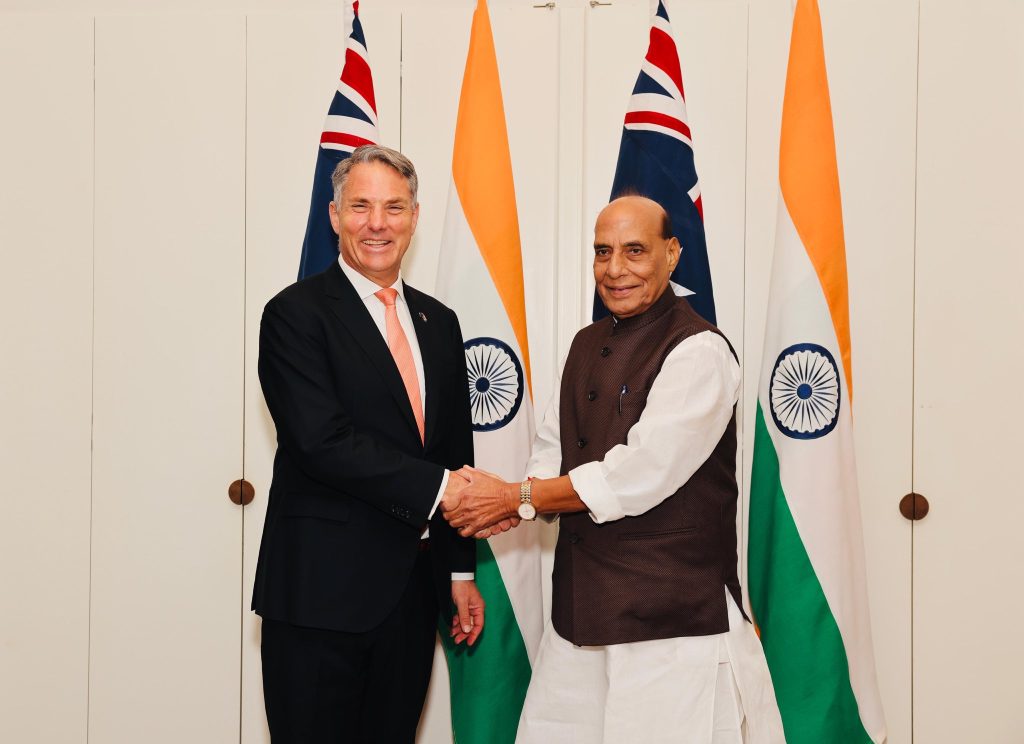
Key Agreements and Discussions
During their “in-depth discussions,” Minister Singh and his Australian counterpart, Deputy Prime Minister and Defence Minister Richard Marles, reached several key understandings:
- Enhanced Military Interoperability: Both ministers agreed to expand the scope and complexity of their joint military exercises. This includes not only the flagship ‘Malabar’ naval exercise but also increasing the sophistication of army and air force drills. An agreement to explore opportunities for Australian industry to participate in India’s burgeoning defence manufacturing sector was also discussed.
- Maritime Domain Awareness (MDA): A major focus was on strengthening cooperation in maritime domain awareness to monitor the vast expanses of the Indian and Pacific Oceans. They discussed deeper cooperation in undersea warfare and acknowledged the importance of the exchange of White Shipping information.
- Logistics Support: Progress was made towards concluding a broader logistics support agreement, which would allow the militaries of both nations to access each other’s bases for supplies and repair. This would significantly enhance the operational reach and endurance of both navies in the region.
- Defence Research & Industry Collaboration: The ministers emphasized deepening ties between their defence industries. They discussed collaborative projects in niche technologies and agreed to identify opportunities for co-development and co-production, leveraging India’s ‘Make in India’ initiative and Australia’s own defence capabilities.
- Regional Cooperation: Both sides agreed to work closely with regional partners in Southeast Asia and the Pacific Islands to build capacity and address shared security challenges, reflecting a commitment to a multipolar regional architecture.
High-Level Endorsement
The strategic importance of the dialogue was further elevated when Minister Singh met with Australian Prime Minister Anthony Albanese. A statement from the Prime Minister’s office noted that the leaders “discussed the deepening defence and security partnership” and reaffirmed their “shared vision for a peaceful, stable, and prosperous Indo-Pacific.”
In a social media post, Minister Singh called the discussions “fruitful” and stated, “India is committed to working closely with Australia to build a stronger and more resilient defence partnership for the future.”












